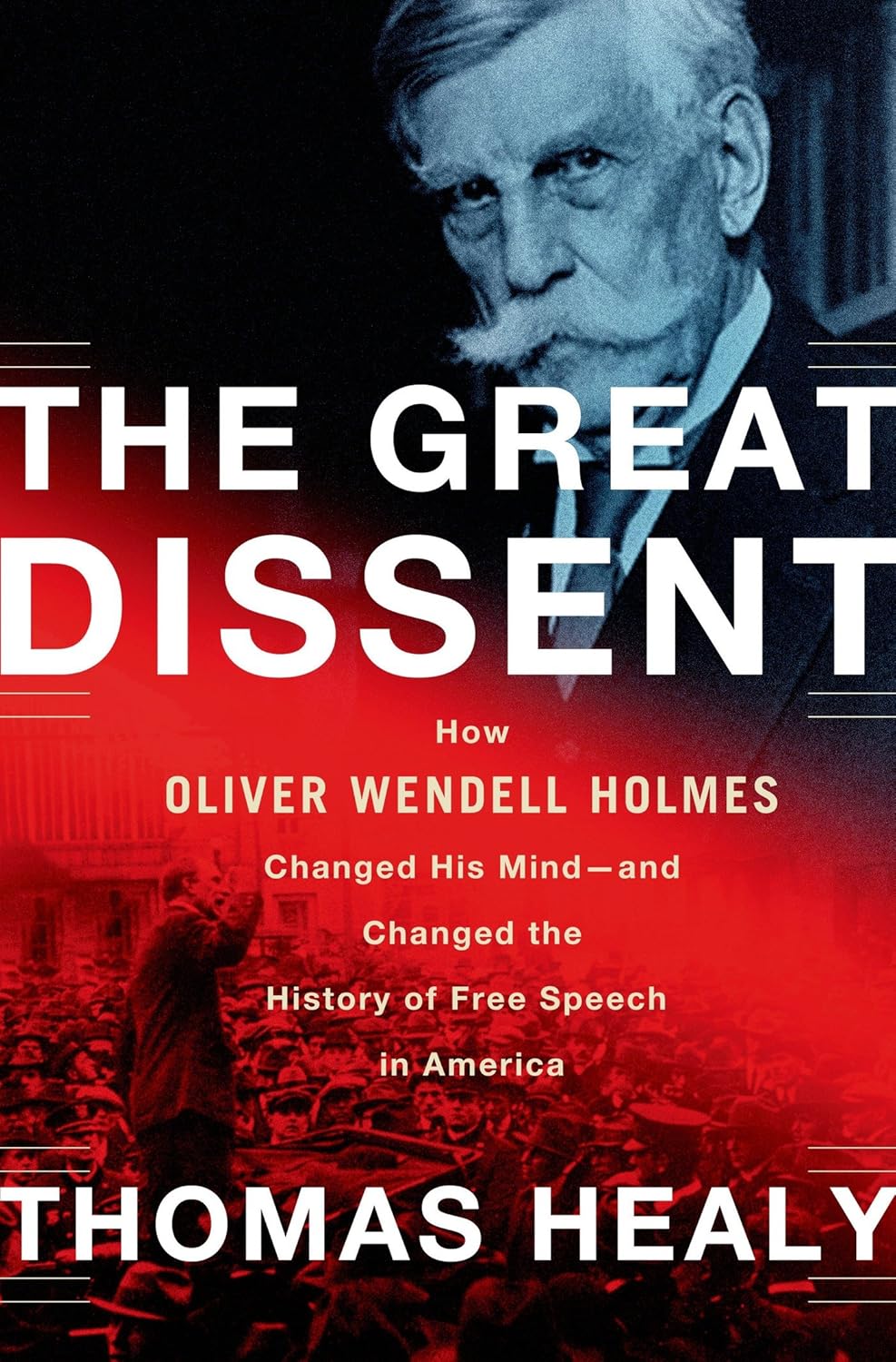"Covering the time from Thatcher's birth up to her role in the Falklands war in 1982, Margaret Thatcher: From Grantham to the Falklands is one of two projected volumes; but this is already a major study of a pivotal leader—indeed, it is already one of the greatest biographies in the English language."
 HistoryToday reviews City Water & City Life:Water and the Infrastructure of Ideas in Urbanizing Philadelphia, Boston and Chicago (University of Chicago Press), by Carl Smith here.
HistoryToday reviews City Water & City Life:Water and the Infrastructure of Ideas in Urbanizing Philadelphia, Boston and Chicago (University of Chicago Press), by Carl Smith here.H-Net has added two reviews of interest: editors Keith M. Brown and Alastair J. Mann's The History of the Scottish Parliament, Volume 3, Parliament in Context, 1235-1707 (Edinburgh University Press) here; and a second review of both John Ashworth's The Republic in Crisis, 1848-1861 (Cambridge University Press) and the edited volume A Political Nation: New Directions in Mid-Nineteenth-Century American Political History (Gary W. Gallagher, Rachel A. Shelden, eds.) (University of Virginia Press).
The Washington Post reviews Mac Griswold's The Manor, a cultural landscape history of a slave plantation here. (Another review of the book was included in a prior book roundup post here.) The reviewer describes the book:
"“The Manor” traces the history of the house and its inhabitants, quickly leaving the garden behind to explore archaeology and research that range from West Africa to Barbados and back to Shelter Island. When Griswold stumbled upon the place, it was inhabited by Andrew and Alice Fiske, descendants of the original owners, Nathaniel and Grizzell Sylvester. Called Sylvester Manor, the house had been in the family in an unbroken line since the 1650s, providing an extraordinary lens with which to view a complex American story about (among other things) race, religion and the history of slavery in the North — largely documented."
 The Washington Post also reviews Mistrial: An Inside Look at How the Criminal Justice System Works . . . and Sometimes Doesn’t (Gotham) by Mark Geragos and Pat Harris.
The Washington Post also reviews Mistrial: An Inside Look at How the Criminal Justice System Works . . . and Sometimes Doesn’t (Gotham) by Mark Geragos and Pat Harris.Salon has published excerpts from In Spies We Trust: The Story of Western Intelligence (Oxford), by Rhodri Jeffreys-Jones.
For Wall Street Journal subscribers, there is a review of Thomas Healy's The Great Dissent (Metropolitan), as well as a review of Lawrence J. Vale's Purging the Poorest: Public Housing and the Design Politics of Twice-Cleared Communities (Chicago). Of Vale's work, the reviewer writes,
"The beauty of Mr. Vale's book is that as a scrupulous scholar he lays out his two case studies with all the careful detail you as a reader need to judge his conclusions. But in the end, the reformist approach exemplified by Ms. Glover is probably correct. "Poverty does not have to be a permanent condition covering multiple generations," she has said. "And we should not establish housing programs on the assumption that it is.""
Robert D. Sloane has posted a review of James Q. Whitnman, The Verdict of Battle: The Law of Victory and the Making of Modern War (Harvard University Press) on SSRN (forthcoming in American Journal of International Law).
For those heading back to the classroom this month, the New York Times reviews Why Teach? In Defense of a Real Education (Bloomsbury), by Mark Edmundson, an English professor at the University of Virginia.
And for those of you who'd like to check out a few reviews of the summer reads that our guest blogger, Sally Gordon, recommended earlier this week, try these:
- An October 2012 New York Times review, and an August 2012 Slate review by Eric Posner, of John Fabian Witt's Lincoln's Code.
- A 1998 H-Net review of James C. Scott's Seeing Like a State, as well as an April 1998 review (with a link to the first chapter) in the New York Times.
- A 2012 review of Sarah Osborn's World: The Rise of Evangelical Christianity in Early America by Catherine A. Brekus, from Books and Culture, and a second review here from Christianity Today.
- Last but not least, Beyond the Blurb reviewed Martin Walker's Bruno, Chief of Police in 2011.
